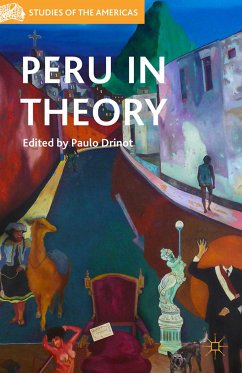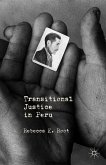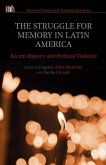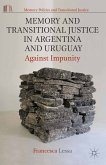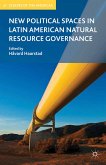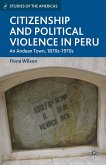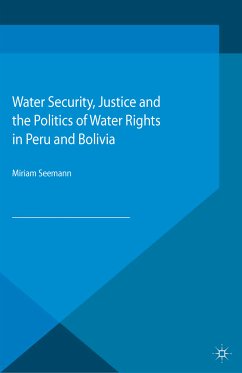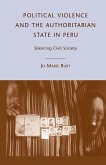Dieser Download kann aus rechtlichen Gründen nur mit Rechnungsadresse in A, B, BG, CY, CZ, D, DK, EW, E, FIN, F, GR, HR, H, IRL, I, LT, L, LR, M, NL, PL, P, R, S, SLO, SK ausgeliefert werden.
"In this superb collection, ten authors bring to bear the work of theorists ranging from Michel Foucault to Judith Butler to rethink two frustratingly pervasive characteristics of Peru: inequality and institutional flimsiness. This is not only an indispensableexamination of Peru, but also a wide-ranging and creative dialogue about the power and limitations of theory." - Charles Walker, University of California, Davis, USA
"Thanks to Paulo Drinot for this book. I learned a great deal about Peru, about the relevant theorists, and, best yet, how to continue the process of better integrating theoretical universals with empirical particulars. It will teach Peru specialists and social theorists alike." - Miguel Angel Centeno, Princeton University, USA

